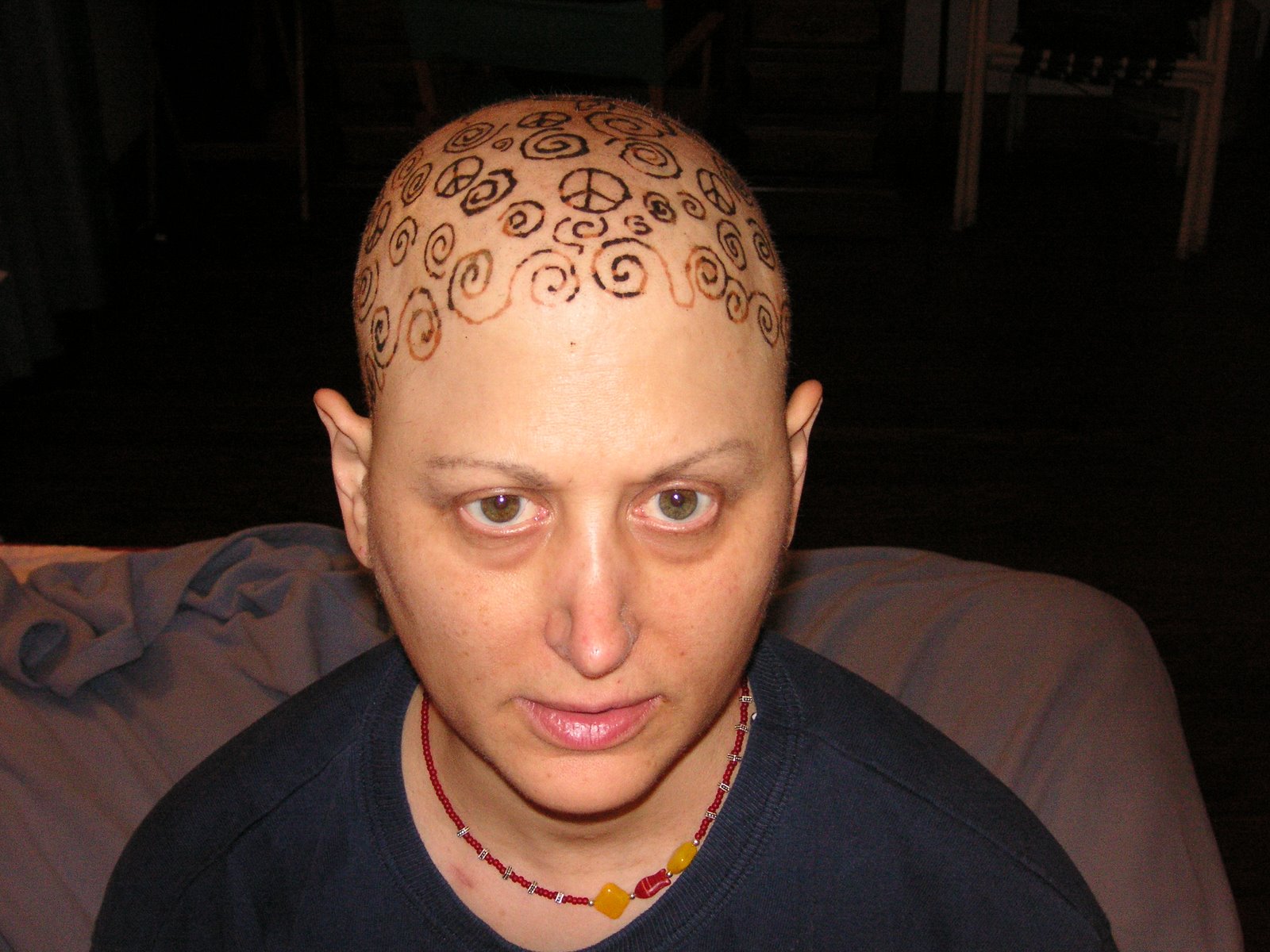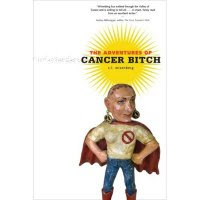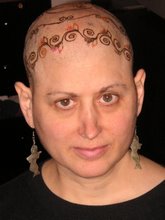I haven't written for a while here. To quote from that great American philosopher, Snoopy, if you don't have something to say, there's no reason to bark.
I have a philosophy about barking, real barking. I think that dogs bark for the same reasons people honk their horns: to express anger, disapproval, excitement, fear and happiness, and to greet. When I was young, there were Jewish teen groups and each group was named for a Jewish leader, and each group had colors, mascot, song and a honk that the kids would blare out when they passed by another kid's house. I guess that's ritualized honking, comparable to canines' barking at the moon?
Saturday night I went to a potluck dinner for poets, mostly. Our hostess has a dog called Sir Barksalot, named, she explained apologetically, by her son when he was about eight. The dog looks like a short German shepherd with a round face and big puppy feet. In fact, he's a 12-year-old husky-spaniel. We told dog stories. I told a second-hand story about a dog I know in Berkeley. She is very spoiled and white and fluffy. Her name is Lulu, short for Lumiere. I nicknamed her Princess. She has several beds and bowls inside what I called the Big House. I rented the garden apartment/carriage house in back. It's one large room that used to be a gallery. This is the story: One day Lulu went with her mistress, R, to a birthday party. People were gathered in the living room and then someone went back in the kitchen and discovered that Lulu had reached up to the counter and was eating the chocolate cake. One guest ran in, very distraught. She was screaming because she was planning to bring a big piece of the cake to her husband. Later everyone found out that this woman was having an affair, even bringing the man home to meet her children. No wonder she was hysterical about the cake. Her plan to bring some to her husband was fueled by guilt. The poets thought I had been at the birthday party, and I don't blame them, because it is a rather detailed story to know second-hand. I heard it from R. The cake was chocolate but Lulu was not harmed by it. I had experienced Lulu's thievery first-hand already. I was sitting on the patio between the Big House and my little place and I saw Lulu run past with a brown frisbee in her mouth. It turned out to be a loaf of organic whole wheat that I had left on the counter, out of her reach, I'd thought. This was before I heard of the cake-snatching from the counter.
I spent part of the last two summers in Berkeley. I wrote in my little house and in the cafes along College Avenue. Last summer I walked a lot. I walked three and four miles, but often my destination was the Cheese Board in what's called the Gourmet Ghetto, so I didn't lose weight. Besides cheese, of course, the Cheese Board cooperative sells bread and rolls and muffins, and a different kind of pizza every day. You stand in line for your slice/s and then you sit there shifty-eyed at one of the metal-grille tables and listen to live jazz. You're shifty-eyed because there are homeless people everywhere, especially outside the Cheese Board, and you talk to them or not, or give them money or pizza or not. And whatever you do, you still feel ashamed to have looked up the pizza of the day on your computer before coming there; could there be anything more indulgent than that?
The key to understanding Berkeley is the concept of guilt co-existing with indulgence. There's a hip Jewish magazine called Guilt & Pleasure. That's not the same; pleasure is a word from our grandparents' generation: Such a pleasure, such nakhes fon di kinder, pleasure from the children. I studied for two other summers in Berkeley, in the 1990s, thanks to the National Endowment for the Humanities. One evening I was very depressed so I went to a city council meeting. The topic at hand was giving out vouchers to homeless people. Did it take away from their freedom of choice and thus their humanness if you gave them a coupon for food from a local store instead of money that they could spend on anything they wanted, including booze and drugs? Since, this issue has surfaced in other communities--locally, in Hyde Park, home of the University of Chicago, which is a mecca of guilt and ... hard work? Not pleasure, not indulgence, but self-righteousness? Not that, either. In Hyde Park people live in lovely brick apartments with nice wooden floors and long hallways and they believe in truth and beauty and scholarship and they complain that there isn't a decent grocery store nearby and they are more likely to have been mugged than their friends on the North Side. In Hyde Park there's an old saying that there the middle class blacks and whites unite against the poor. Maybe Hyde Park is just a pool of guilt, period. And yet, flocks of parakeets have decided to live there, all year long, in the outdoors. Guilt and improbable spots of beauty?
skip to main |
skip to sidebar


taramosalata & other dips; photo by Vera Szabó

cream puffs, caprese; photo by Vera Szabó

Don't try this at home. Uh, oh, we did.

L the Haircutter in Background

Finished.

design by Jennifer Berman

At medicinal baths, with testimonials from patients
One Feminist's Report on Her Breast Cancer, Beginning with Semi-diagnosis and Continuing Beyond Chemo, w/ a side of polycythemia thrown in **You don't have to be Jewish to love Levy's rye bread, and you don't have to have cancer to read Cancer Bitch *** Cancer Bitch comes to you from S.L. (Sandi) Wisenberg in Chicago
Click on photo for Cancer Bitch reading/lecture schedule
Blog Archive
-
▼
2007
(192)
-
▼
May
(18)
- Lolita in Chicago
- Fancy O Fancy
- Post-Funeral
- The Blessing
- Funeral
- How Not to Be Intimidated
- Free Dinners & Free Dinners
- Foot, Horns, Feathers
- Cloak of Invisibility
- The Mothers
- The Watcher Watching Herself
- Cancer Bitch definitely on the air Thursday, May 10
- When the Obit is More Fun than the Front Page
- Bitches
- The Holter (Not Halter)
- Our Continent and Then Some
- At the Office of the County Assessor
- Barking, Berkeley, Hyde Park
-
▼
May
(18)
Cancer Bitch recommends these links:
- Alternet.org
- As the Tumor Turns
- Being Cancer--its on-line book club discusssed my book.
- Big Grrls DO Cry: queer life meets precarious life
- Black Gyrl Cancer Slayer
- Breast Cancer Action
- breastcancer.org
- Chemo Chicks
- Chronic (Illness) Babe
- Code Pink women's peace group
- Collaborative on Health and the Environment
- Colon cancer cowgirl
- Earth Henna
- Friends of Cancer Bitch on Facebook
- Funny Cancer shirts and mugs
- Gayle Sulik, Pink Ribbon Blues
- Geezer Sisters (tho' only written by one of them)
- Get Real About Breast Cancer (w/ pic of Breast Cancer Barbie)
- Gilda's Club
- Goodbye to Boobs (by a pre-vivor)
- Humerus Cartoons
- I got the cancer (lymphoma)
- Mamawhelming
- Organic Consumers Assn.
- Our Bodies, Our Blog
- Paula Kamen
- Planet Cancer
- Recovery on Water
- S.L. Wisenberg/Red Fish Studio
- Skin Deep: un/safe cosmetic list
- Stacey Richter's Land of Pain
- Swimming in the Trees: author Jessica Handler of Atlanta
- Tara Ison
- Terry Tempest Williams
- The Assertive Cancer Patient
- The Cancer Culture Chronicles
- The Fifty-Foot Blogger, another denizen of Fancy Hospital
- Whirled News--better than the Onion
- Women & Children First bookstore
NOTATE BENE
Everything here is as accurate as I could make it. Occasionally I've changed identifying details when writing about others.
Links to audio and video

from my Farewell to My Left Breast party

taramosalata & other dips; photo by Vera Szabó
Farewell to My Left Breast Party

cream puffs, caprese; photo by Vera Szabó
April 12, 2007--The Making of the Mohawk

Don't try this at home. Uh, oh, we did.
The Mohawk Profile

L the Haircutter in Background
The Mohawk Demure

Finished.
Summer henna-wear
design by Jennifer Berman
Life after cancer, Budapest, July 2009
At medicinal baths, with testimonials from patients

